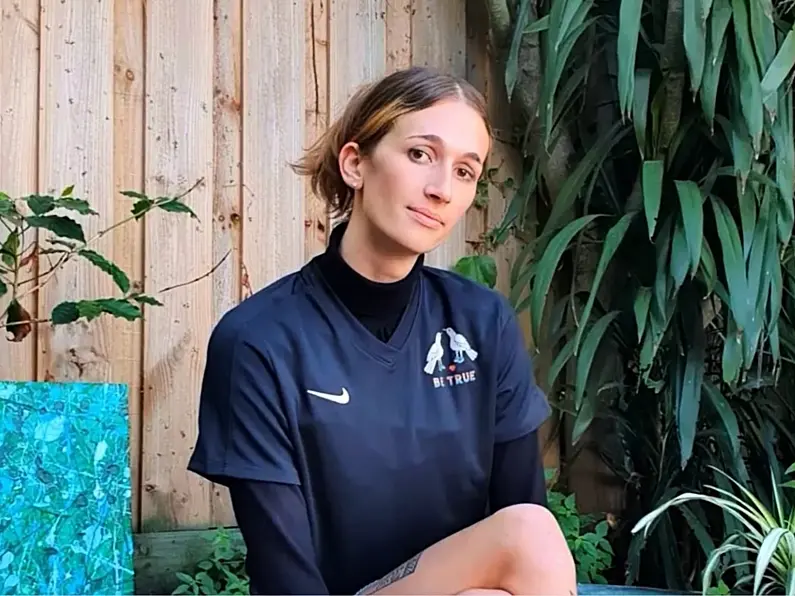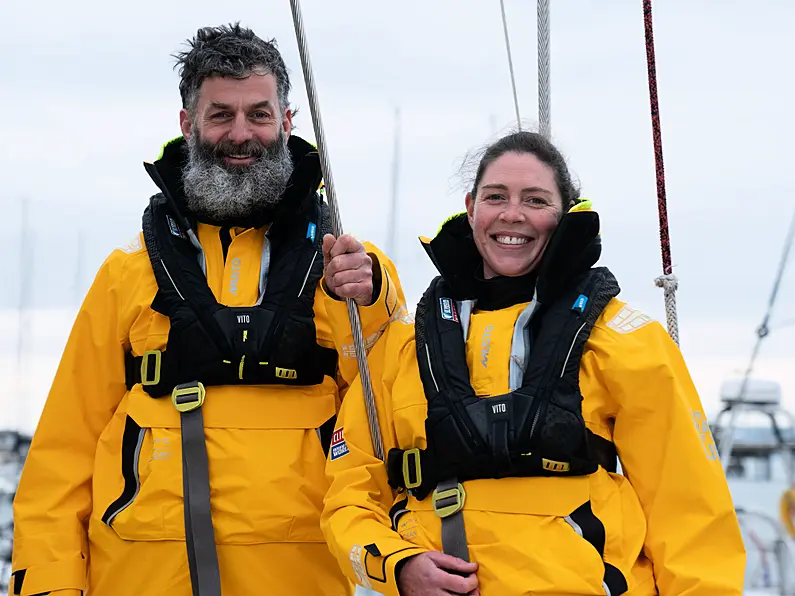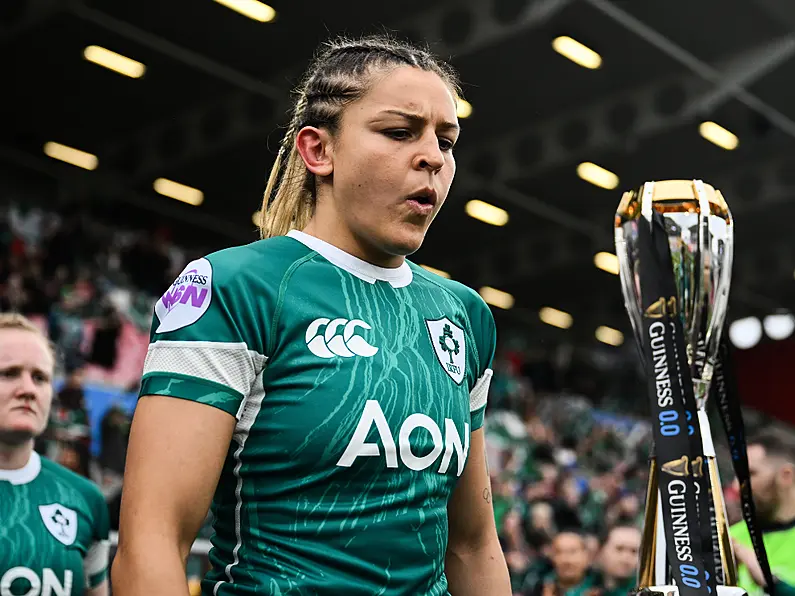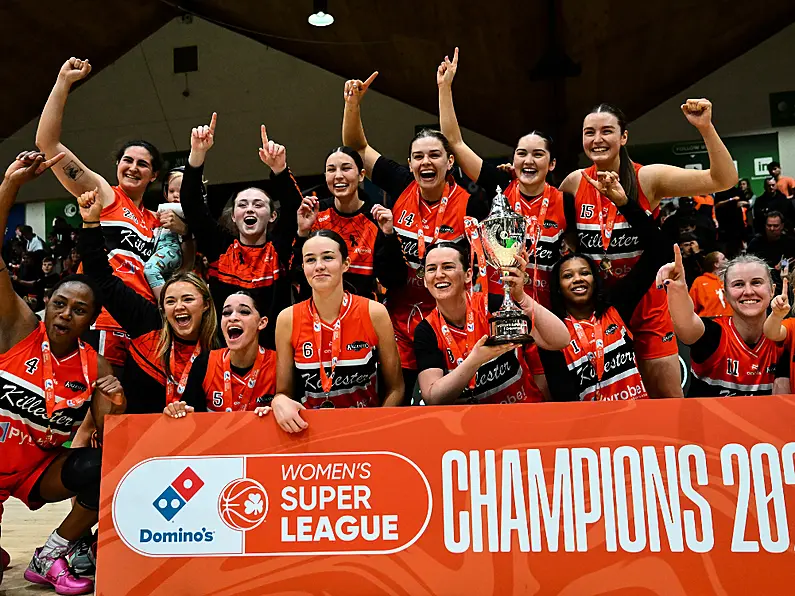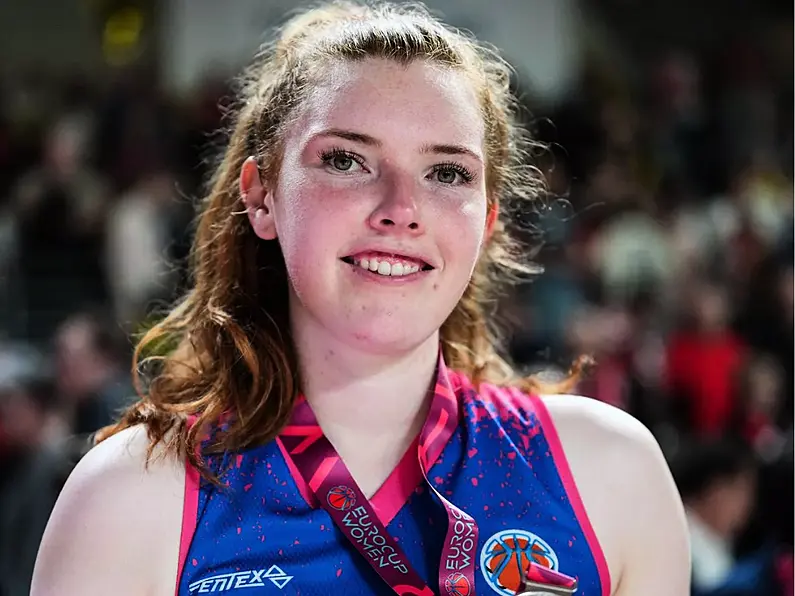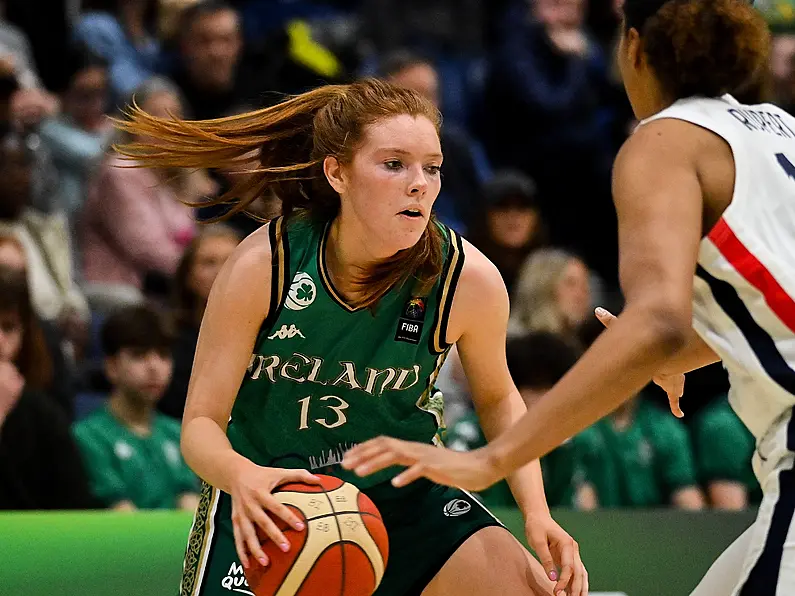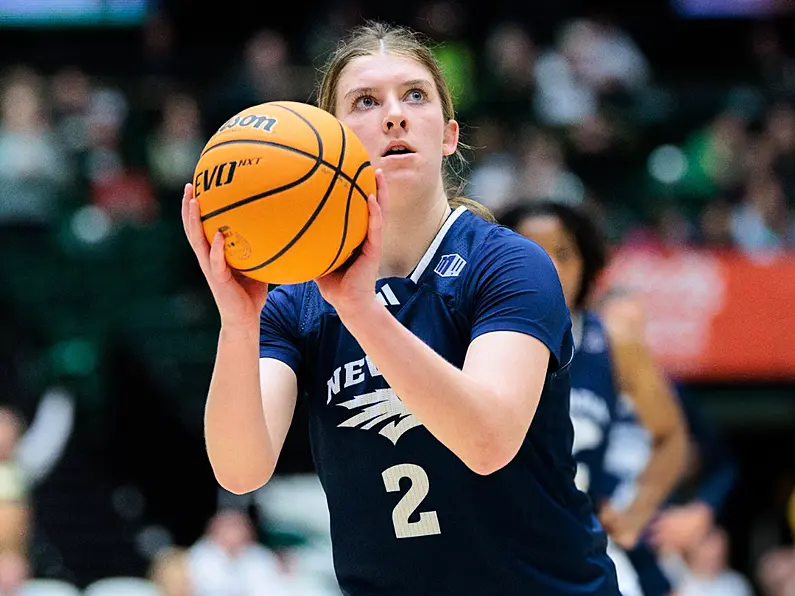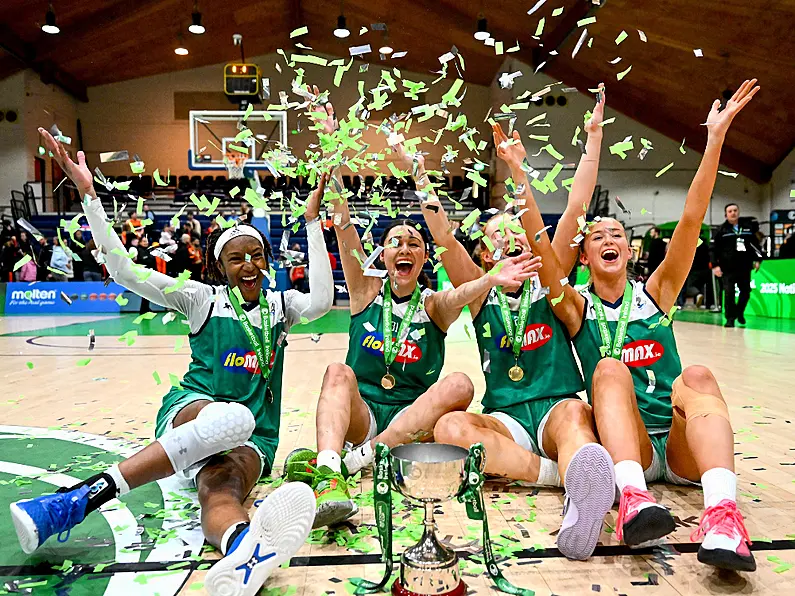Basketball Australia, the governing body for basketball in the country, has made headlines for its decision to prevent transgender athlete Lexi Rodgers from playing in the Women’s NBL1 South basketball league, a league below the Women’s National Basketball League. This decision has sparked widespread debate, with advocates for transgender rights and inclusivity expressing disappointment but others putting forward scientific points that can’t be ignored.
Rodgers has sought to play for Kilsyth Cobras in semi-professional basketball but was met with a roadblock. Basketball Australia ruled that Rodgers could not play in the league because her testosterone levels were above the threshold set by the International Olympic Committee (IOC) for female athletes. The IOC guidelines state that in order for a transgender woman to compete in the women's category, her testosterone levels must be below a certain level (usually 10 nanomoles per litre) for at least 12 months prior to the competition. The organisation argued that Rodgers did not meet this criteria and therefore her participation would not be fair to other female athletes.
Basketball Australia's decision was based on the belief that maintaining separate categories for male and female athletes is necessary to ensure fair competition, stating that her physical attributes could potentially create a competitive advantage over cisgender female athletes. Additionally, they raised concerns about the potential safety risks in a mixed-gender competition, as basketball is a physically demanding sport with intense physical contact.
The decision by Basketball Australia has ignited a fierce debate over the rights of transgender athletes and the concept of fairness in sports. On one hand, proponents of the decision argue that it is based on scientific and physiological differences between male and female athletes. On the other hand, the debate continues with a view of inclusion in sport. Lexi Rodgers has been supported by a number of elite and professional basketballers, including Anneli Maley. Rodgers recently featured on Maley’s podcast giving great insight into her life, sport, finding herself and transitioning.
Rodgers discusses being a teenage boy and “having dreams as a girl” and waking up disappointed it wasn’t a reality. Rodgers then used sport to suppress her identity; “I jumped headfirst into sport, that’s just who I was. I thought ‘I can’t be the pretty girl I want to be, I’ll be the sporty boy who everyone likes because he’s a jock and cool’”. Discussing the realisation that she was a transgender woman, Lexi Rodgers describes finding herself during Covid, “It was such a quick move from ‘Oh I’m going to be a more feminine guy’ to “Oh I’m trans, there’s no doubt about it’”.
While Lexi Rodgers is seeking a decision to play basketball, she knew transitioning would pose a risk of exclusion. “Basketball was always my first love. When I transitioned, it went through my head “if you do this, you’re not going to be playing sport’”. Playing basketball at an event for fun, she was approached to consider joining a team and it reintegrated her in the basketball community. Rodgers sings the praises of the athletes, coaches and club who have been incredibly supportive. She talks about how doing the interview with Anneli Maley is an opportunity to share her story and show that there is a real person at the centre of the debate.
Critics of the Basketball Australia decision, including LGBTQ+ rights organisations, argue that it is discriminatory and goes against the principles of inclusivity and equality. They contend that transgender athletes, like Rodgers, should be allowed to compete in the gender category that aligns with their gender identity, as denying them this opportunity perpetuates discrimination against transgender individuals and reinforces harmful stereotypes.
When sharing the decision Basketball Australia had made in relation to Lexi Rodgers playing in the semi-professional league, the director, Suzy Batkovic added: “I also want to make it clear, because it’s important, that while this particular application was not approved based on criteria for elite competition, Basketball Australia encourages and promotes inclusivity at community level.”
This issue is not unique to Australia. In recent years, there have been similar debates and controversies around the inclusion of transgender athletes in sports in other countries, including the United States and Canada. Different organisations and sports bodies have adopted varying approaches, with some being more inclusive and supportive of transgender athletes, while others maintaining stricter guidelines.
As the debate continues, it is important to find a balance between inclusivity and fairness in sports. It is crucial to consider the unique challenges faced by transgender athletes and ensure that their rights are respected, while also taking into account the concerns of other athletes and maintaining the integrity of competition. Further discussions, collaborations, and research will be needed to arrive at solutions.
